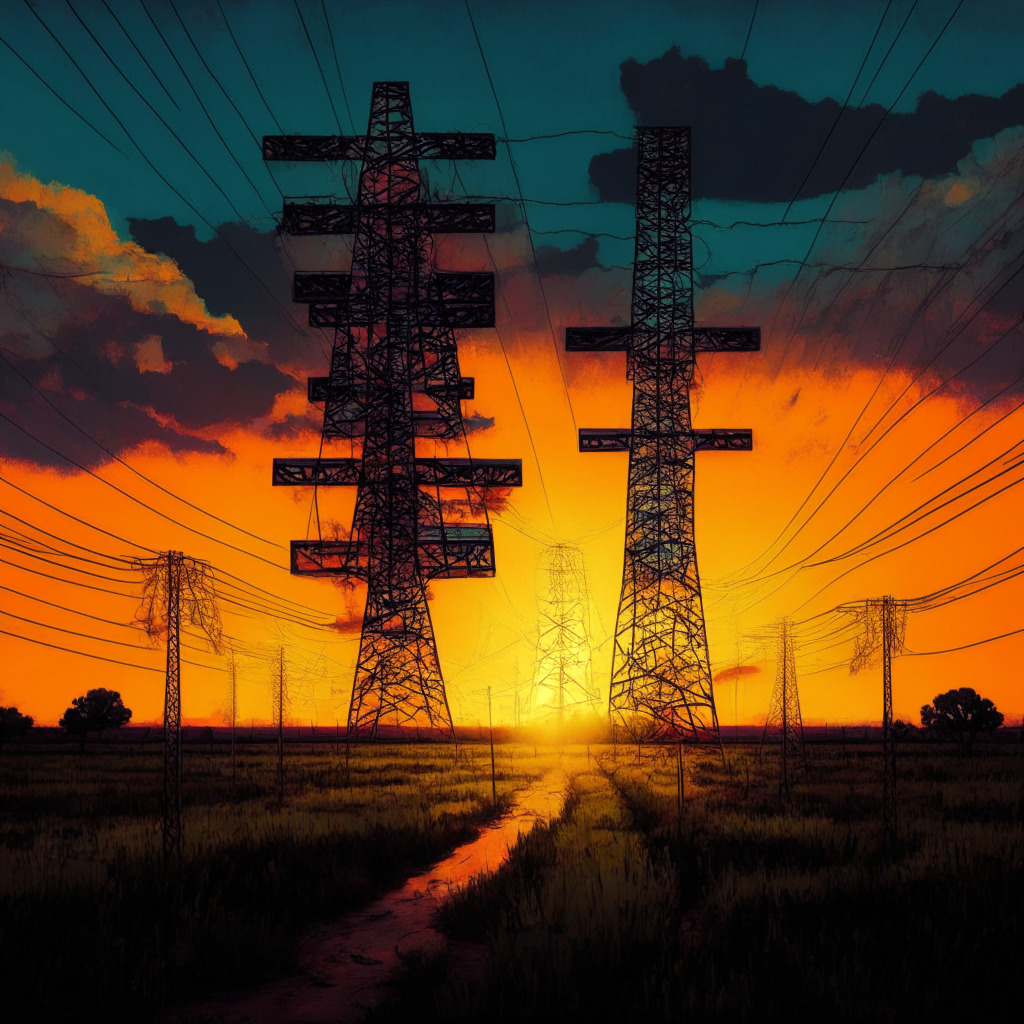A bill originating in Texas, which aimed to restrict bitcoin miners’ participation in cost-saving grid programs, appears to have hit a roadblock. The proposed SB 1751 bill, which found unanimous support in the Texas Senate back in April, has failed to make progress in the state House of Representatives. Consequently, further advancements have come to a standstill.
The bill in question sought to limit bitcoin miners’ involvement in demand response programs to a mere 10%. These programs typically grant credits to miners for powering down their operations during times of high demand on the electricity grid. In addition, SB 1751 aimed to abolish tax abatements for the digital currency mining industry.
News of the bill’s stagnation in the House was initially shared by lobbyist Dennis Porter, who played a significant role in the legislation’s development. Porter celebrated the outcome, suggesting that it would ensure the continued growth of energy innovation in the United States. Furthermore, he lauded the power of the bitcoin community in his statement to Coindesk.
The success of the collective effort to oppose the bill was also a focus of Porter’s statement. He noted the contributions of his organization, the Satoshi Action Fund, and industry groups like the Digital Chamber of Commerce and Texas Blockchain Council. As it stands, the House committee did not vote on the bill, leaving its future uncertain.
So, what does this mean for the burgeoning mining industry in Texas, one of the largest mining hubs in the world? On one hand, the bill’s failure to progress might paint a picture of a state unwilling to hinder the sector’s growth and innovation. Texas, boasting favorable regulations and wallet-friendly energy prices, remains an attractive destination for cryptocurrency miners.
On the other hand, skeptics might argue that the indefinite halt of SB 1751 only postpones the inevitable need to address the balance between demand response programs and the power consumption by the mining industry. Allowing unchecked participation in such programs could result in more constraints on the grid system during peak times.
In short, the bill’s current stagnation opens the possibility for future discussions and decisions regarding the evolving cryptocurrency mining landscape in Texas. The legislative and industry stakeholders must work together to ensure that the sector grows sustainably while also protecting the state’s power grid from excessive strain. For now, the future remains uncertain, and the debate goes on.
Source: Coindesk




